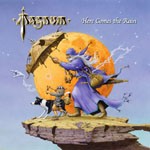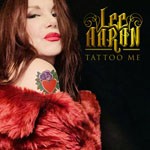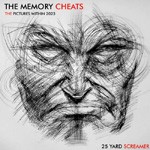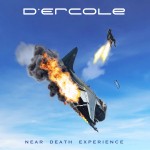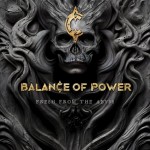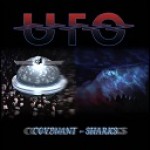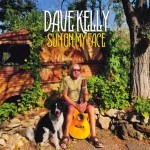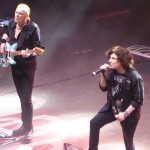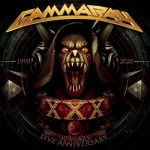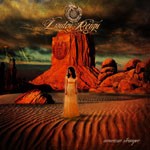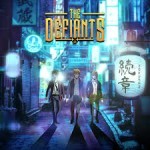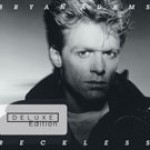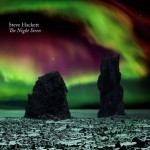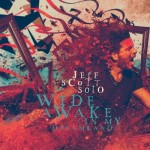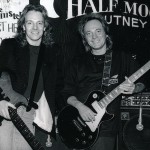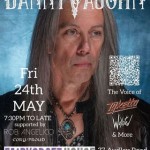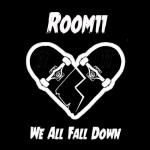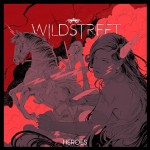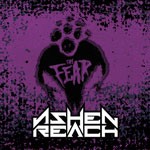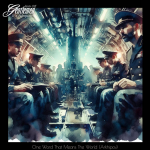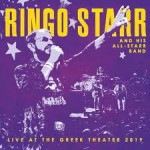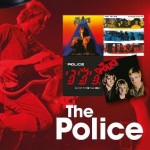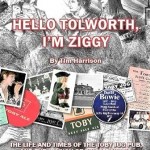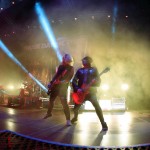Share the post "Interview: Mark Kelly (Marillion) – In Conversation with my Uncle"
You all know him as the keyboardist of Marillion, his solo project Mark Kelly’s Marathon, and as of this year, published author of his autobiography Marillion, Misadventures and Marathons: The Life and Times of Mad Jack.
I knew him, before all this, as my uncle. Having last seen him at his house for a Kelly family gathering and, before that, at the afterparty of a Marillion gig, being in a zoom meeting with Mark as he sat in the kitchen of the Racket Club in a somewhat professional context was unusual. Curious for the next forty-five minutes, I started asking questions.
Mark had just arrived at the studios to rehearse for the previously up-coming Marillion weekends that would be taking place every few weeks in Poland, Stockholm, Leicester, Lisbon and then Montreal, as well as Cruise to the Edge at the beginning of May. The tour follows the release of their latest album, An Hour Before It’s Dark. Though the band have been running these weekends for 20 years now, it doesn’t make it any easier.
“It’s not just three gigs, but seven hours of music we have to learn” he explains, the Friday, Saturday, and Sunday all an opportunity for fans to hear a different selection of songs from the band’s discography spanning 30 years. Mark has been with the band from their early days, his new autobiography giving him the chance to offer his perspective on the experience. As a writer, I had to find out about his process.
“I must say it wasn’t my idea, I had no plans to write a book. I didn’t really have any plans to do a solo album.”
Mark had approached my brother, Conal Kelly, who is also a talented musician. They, along with some others, had begun bouncing ideas around in the summer of 2019. “We talked about going in the studio and doing it in the traditional way, but I messaged Ollie [vocals] and Conal [guitar, bass, backing vocals] and said, ‘how about we all record our parts at home?’.
We had arranged enough of it by then that I thought we could do it and everyone was in agreement”. He goes on. “I was interviewed by a part time journalist called Nick Shilton [about the solo album], who’s got his own little publishing company and he was the guy that said ‘have you ever thought about writing an autobiography? I think you have a story to tell.’”
Shilton saw the potential and was up for publishing the book if Mark was interested. From here the seed was planted and he sought out his “ghost-writer”. After trying a dictation method, they resorted to the old-fashioned way, Mark writing 5000 words or so before it was tweaked to read “more professionally”.
“There were whole passages that he’d hardly touched and other bits that he’d add a few lines in here and there that just made it sparkle a bit”. But after reading the book myself, it didn’t occur to me that anyone else had been involved in the writing process. Both the serious and humorous moments came across consistently very ‘Mark Kelly’. After asking about the similar humour, he reflected on the writing process some more.
“I think that was the nice thing about it. It still felt like it was my writing. If you saw the original text compared to how it was changed, it is not hugely different.”
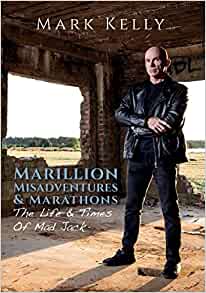
I wasn’t surprised to hear this, but still think Mark’s openness about the involvement of a ghost-writer is extremely important. “I learnt a few things from him as well, about how to approach each chapter and leaving them on a bit of a cliff hanger, even though it’s not a novel. It was so easy because I was just telling my story and it’s got a good arc. I found it a lot of fun and I wish I could think of another book to write!” I sympathise with this, one reason I haven’t started planning out my own novel being that inspiration for the plot hasn’t struck. If I had led a life like Mark’s, I would have done as he did, for sure.
I was very excited to start reading the book when the proof copy got emailed to me. Particularly because, obviously, it’s a story I know to some degree. I had heard versions of the first chapters from my dad and other uncles, myself and my brother always trying to add to the picture we have been building for years now of what our parent’s childhoods were like. Naturally, we were delighted when my nan started writing down her own life story. Mark was keen to make the most of this as well.
“I asked her ‘can you please at least get up to when I was born and send it to me so I can use that as good source material?’”. Perhaps the inclination to document these stories runs in the family.
The book obviously explores Mark as a young musician, painting a picture for readers of where it all began for him as one of the oldest in a large working-class family.
“A few people have said to me that they were surprised at my working class roots,” he disclosed. “Most people imagine keyboard players are going to come from a family that’s got a piano in the house and piano lessons as a child. That implies a certain level of income, a middle-class upbringing, aspirational parents. So coming from that very working-class background – no formal education in music or anything – I think that was a surprise for some people”.
I asked after his journey from finding his way around a keyboard to writing his own music. “Even in Chemical Alice [his first band], before we had any real aspirations to be professional musicians, I was always interested in writing our own songs… [being a cover band] really didn’t appeal to me, although at a gigging level you stand a better chance of getting paid!”
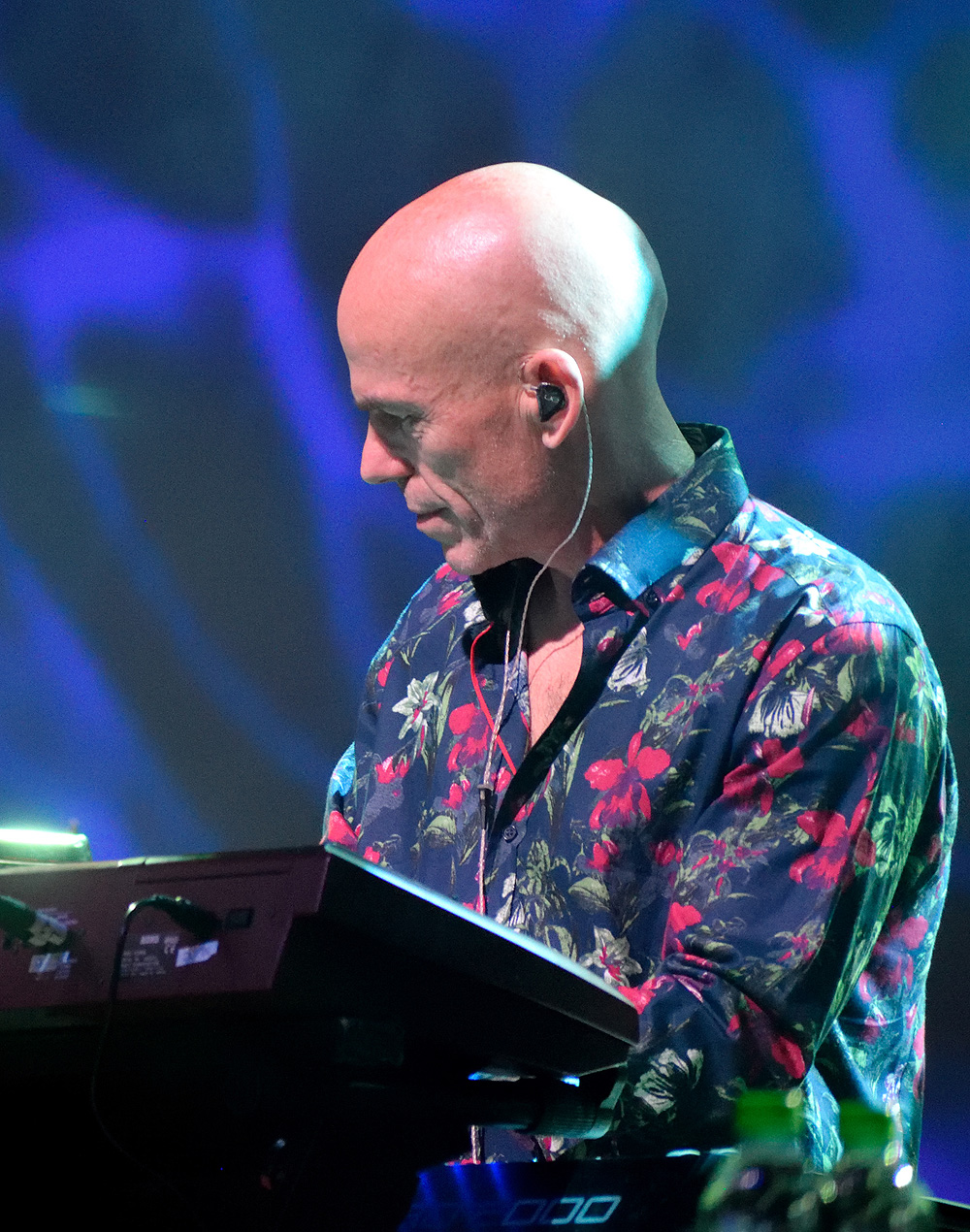
So it definitely seemed like it was a natural progression. “To be honest, it’s easier playing your own music. You write the notes, so at least you can play them, right?!” But when it comes down to it, he acknowledges the need for balance. “You learn a lot from how other musicians structure their music, and you get inside it more. It’s useful, seeing the chord structures that other people use and the way the music is put together.”
He refers to my brother again: “I think Conal has done that a lot with the covers he’s done. It’s a great way of understanding music”. Conal completed a number of covers, beginning in the lockdowns in 2020. “Without realising it, the kinds of chord progressions that you come up with tend to be from influences you’ve had”. Predictably, I implore you to look up Conal Kelly’s 24 Hour Covers Project (what kind of a sister would I be otherwise?) and then thank me later. Versatility on that many levels can only come from the kind of balance Mark feels is needed as a musician.
Both Mark and Conal are similar in having some very clear-cut influences floating out of their music. Although covered in the book, I ask again about Mark’s main influences. “Certainly when I was a teenager it was Rick Wakeman. He was the keyboardist that inspired me to play in the first place. But it was all of that progressive Rock music; King Crimson, Pink Floyd, Genesis, Yes. All of those from the 70s.”
Having managed to stave off talk of it for as long as possible, I address the slightly depressing elephant in the room: the pandemic. I’m curious to hear about how it felt for Mark to get back on stage after having the longest break (two years) that he had ever had from gigging since the beginning of his career.
“It was a bit weird because, although I was looking forward to it, I caught covid less than two weeks before the start of the tour, which could have meant that it was all off. Luckily there was enough time for me to get over it before the first date.”
“The actual two hours on stage each night was really good, and the audience’s reaction was amazing. Years ago, I used to say that I wouldn’t care if I never played another gig, I wasn’t excited about gigging. As time has gone on, the more I realise that one day this is going to come to an end and I’m more into it now. I’m making the most of it”. It sounds as though, for Mark, lockdown had that same bittersweet effect it had on a lot of others. The grass has suddenly become green enough where we are.
That being said, I remembered it being mentioned in his book that Mark had suffered from stage fright at the beginning of his career. I was curious as to whether he had noticed any revival of those same awful nerves. As you would expect, nothing of the sort happened.
“I’m so used to it, these days I am much more relaxed. And if something does go wrong, nobody dies. It’s not heart surgery! It’s just a gig.” Very wise. I cast my mind back to the plethora of Marillion gigs I have seen. I, along with most of the audience, would never be able to predict the nights Mark would meet us buzzing from a good performance or insisting he had played terribly.
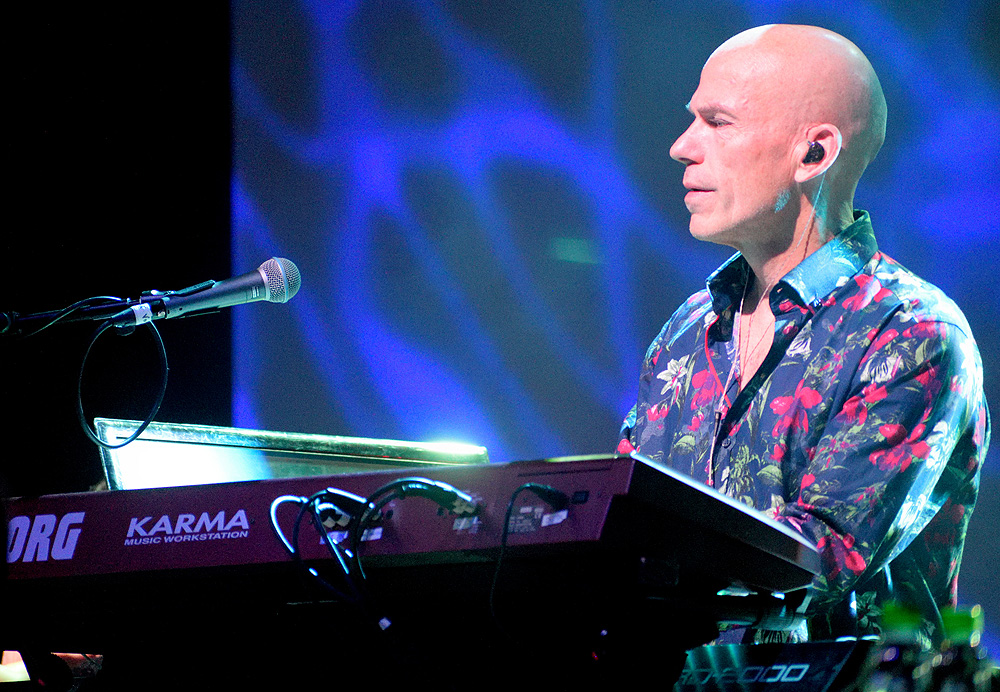
“Nah it’s not just me, everybody’s like that”, he insists. “Pete’s the worst. He never comes off stage saying it was a good gig. Like you said, unless it’s a real clanger most people don’t notice the little mistakes.”
“And even if it goes wrong, obviously wrong, the audience quite like it in a way.” He recalls a night in New York when Steve Hogarth sat on the piano at the front of the stage, and it collapsed beneath him. “The stand collapsed, and it went straight to the floor. Everybody thought it was great! As long as we have a sense of humour about it it’s fine.” And Hogarth will have definitely made it part of the spectacle.
I wondered if Mark had felt the same pervading pressure that many others had to be creative in the unexpected additional time.
“I feel a little guilty saying it, but it was actually quite a productive couple of years for me. I didn’t have any problem with the whole lockdown thing. I would do around 5000 words of writing every week or two over a six-month period and I was working on the Marillion album as well. I didn’t have a problem with it at all.” While he wasn’t using up his time on traveling to and from rehearsals, he had time to do Joe Wicks workouts with the family and think about working on his own musical project too.
The recording process wasn’t too far from what Mark was used to, having written Marillion’s music by sending audio files back and forth for years.
“We’d all work together on the writing part, jamming and working on the arrangement. Once we have the basic song and structure, I like to take it home and experiment with parts on my own, without the pressure of someone waiting on me.”
He refers to a time when going into a live recording studio cost £1000 a day and time really is money. I wonder how creatively stimulating that kind of environment can be, but he acknowledges times when it has worked in his favour.
“Listening back years later to things I know I did in the early hours of the morning under time pressure, I quite like some of them and think it sounds as good as things I might have agonised over for a few days.”
That pretty much sums up any creative process perfectly, much to every artist’s distaste. Of course, this kind of wisdom is going to come from someone who has been in the industry for most of his life.
We get on really well. We’re all different but we have learnt to understand each other pretty well. It’s been 32 years with Hogarth and 40 with the rest of us, so I suppose we are like a family.
When it comes to the stability of Marillion’s line up, which is undeniably good, Mark says,
“Forgiveness. That’s what Steve Hogarth always says and I’m sure he’s talking about me… I tend to put my foot in my mouth a lot. But I think you get to a point where you are not so precious about everything.”
“It’s hard when you are talking about creativity so as we’ve gotten older, we have learnt to handle each other better. But I think, to be brutally honest, part of the reason we are still together is that we are successful enough that we can carry on”.
He raises a valid point, once again, about balance. Too much of either way (money and success or lack thereof) could have put the strength of the band’s bond under strain. But it’s not just this. Marillion, at this point in their journey, could be called a sort of family.
“We get on really well. We’re all different but we have learnt to understand each other pretty well. It’s been 32 years with Hogarth and 40 with the rest of us, so I suppose we are like a family. We don’t hang out together outside of the band’s activities, but when we are together we have a good time.” You couldn’t really ask for a better balance.

While Mark does not have much involvement in the crafting of the lyrics, I mentioned the potentially political, and certainly globally ‘relevant’ nature of the themes throughout. As someone who has a fascination with words (I mean, it’s sort of a job requirement), I was interested to hear his take.
“Steve H said he wasn’t going to write about the pandemic two years ago because he thought everyone would be sick of it, but you look at the lyrics and it’s all the way through.”
“He writes about whatever’s going on in his life or the world that move him.” The album also touches on climate change, another of those undeniably prevalent weights on our shoulders as a planet. There had been a few complaints about the “on-the-nose” nature of the subject matter, but for the most part, Mark is touched at the amazing reception. He reads me out one email that I asked if I could include anonymously in this article:
“No big flowery story here. I just wanted to say that An Hour Before Its Dark is literally the most powerful, beautiful, and inspiring album I have ever heard, and I honestly think it may have ruined me for all other bands. I listen to it from front to end every day and every time it just reaffirms everything I feel about the album. Kudos to you, this is something on another plain.”
This is apparently a notably short example and is “typical of the sort of emails [they’ve] been getting”.
This is just your small reminder that if you make art, don’t stop doing it. This alone is testament to its importance. He also told the story of a guy who had to wear sunglasses into the office after listening to the album that morning and being moved to tears.
Art can make us feel, even when we least want it to. It is clear that this album was what listeners needed without even knowing it. When these things reflect our current surroundings, they remind us that we aren’t alone. Cliché, I know, but for good reason.
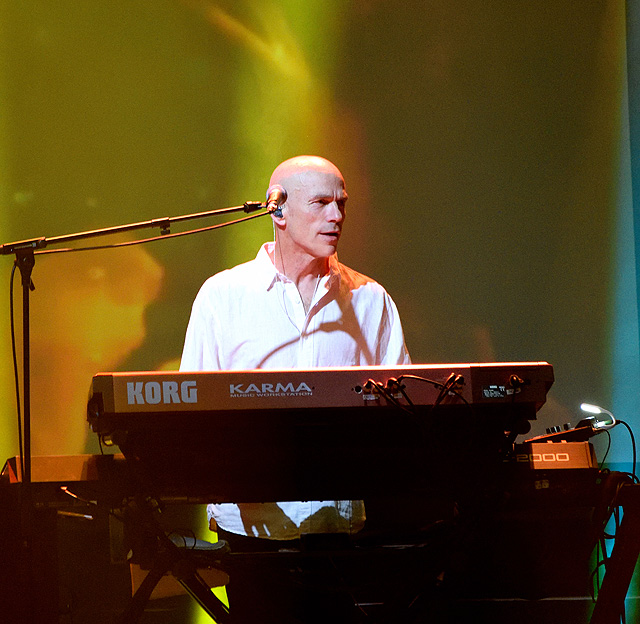
This wasn’t the first time that Marillion’s albums had reflected the political climate of a time. Mark refers to the song “Gaza”, from their 2012 album Sounds That Can’t Be Made, which is a very justifiable objection to the idea of children living in a war zone. Being particularly poignant now with the current situation in Ukraine, we both agreed that these tragedies are not to be ignored
“I suppose we have a responsibility to say something, though I don’t know what difference it makes”. I believe a big one. “So, we can be political, but we are very much a democracy and if one person is against something we won’t do it”. This is probably the most sensible way to approach these decisions, particularly as advocating for a cause under a band name calls for a unanimous opinion on the matter.
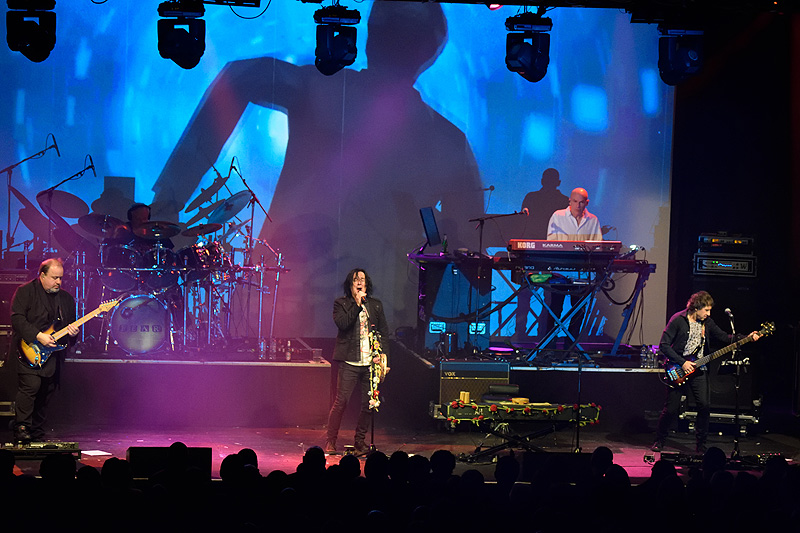
I wonder about Mark’s emotional involvement, both with the band and with his own project. On stage, he explains that he tries to stay detached.
“I try not to get too emotionally involved. I try to just concentrate on what I’m doing because if I start listening to the lyrics and feel what’s being sung, I end up getting distracted and making a mess of what I’m doing.”
When it comes to creativity though, it works the other way around. “I come up with the music, not knowing what H is going to sing. I don’t have any control over what I’m going to write. I almost go blank and just play. It’s up to him to match his lyrics to the music he’s hearing.”
I imagined the process was somewhat different when it came to Marathon.
“All the musical decisions came down to me. I would listen to Ollie sing and select what I liked. There is certainly less time spent on the process with Marathon.” He refers to the thousands of musical ideas that have been cast aside, not making it through the “filters” and onto an album, although he hopes some will at some point.
I joked that there were most likely people that would pay good money to hear their secret stash of unheard ideas, but Mark rightfully notes that “there’s a reason why they haven’t been used. Sometimes they are good songs that just didn’t feel like they belonged on this album.” A very fair point.
I am aware that I have stolen a lot of his time, so I ask him my penultimate question: what is next for Mark Kelly and all his projects?
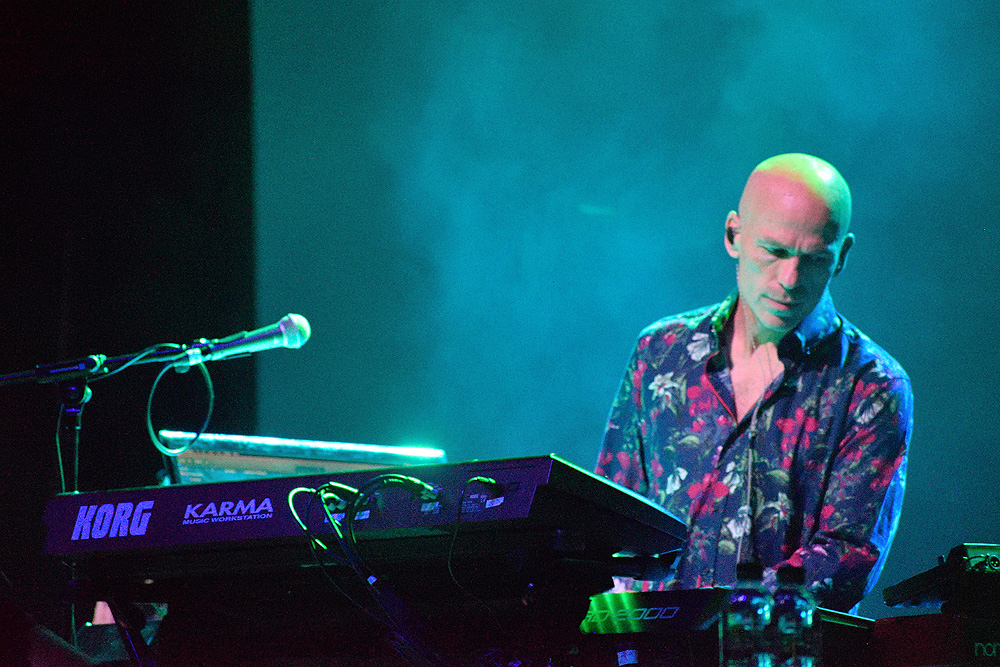
He outlines Marillion’s weekends, some UK dates in September and some Europe dates in October and November. As for 2023, some more Marillion weekends are on the horizon for some other countries (potentially The Netherlands, France, and Germany) before taking a bit of a break ready for the next album.
He also intends for the next Marathon album to be finished, “if not before, in that six-month period that [Marillion] has a break. So there you go, that should keep me busy!” That much is certainly true.
I could have ended the interview there, avoiding any other major clichés while tying our discussion up nicely. But in true magazine journalist, message-for-the-fans style, I posed Mark the ever-original question: if he could offer any words of wisdom to that young person in the first few chapters of his book, and by extension anyone else in the same boat, what would it be?
I confess I changed this question a little from the outline I had sent him the day before, so I fear I took him by surprise, but nonetheless he answered, “take more interest in the business side of things. You know we signed away the copyrights forever and there’s no way of getting that back.”
It’s the same story that everybody tells I suppose, but for anyone starting out, unfortunately being able to make the music isn’t enough anymore. It’s hard to distinguish yourself from other people, so the way to do it is probably still playing live and if more and more people come out to see you then you are on to something. If your audience doesn’t grow, you need to change something. So there you go, that’s my advice. For what it’s worth.”
Interview & feature by Caitlin Kelly
Album review (Marathon, 2020)
Album review (An Hour Before It’s Dark, 2022)
Featured Artist: JOSH TAERK
Since early 2020 Josh has been entertaining us with exclusive monthly live sessions, streamed via Facebook.
In 2023 he signed a recording deal with Sony in Canada and released a new single on 15 September.
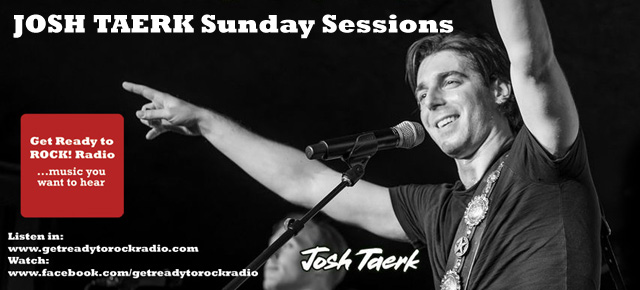
Latest session: Sunday 14 April
Check out videos here: https://www.facebook.com/getreadytorockradio
David Randall presents a weekly show on Get Ready to ROCK! Radio, Sundays at 22:00 GMT, repeated on Mondays and Fridays), when he invites listeners to ‘Assume The Position’. The show signposts forthcoming gigs and tours and latest additions at getreadytorock.com. First broadcast on 7 April 2024.
UK Blues Broadcaster of the Year (2020 and 2021 Finalist) Pete Feenstra presents his weekly Rock & Blues Show on Tuesday at 19:00 GMT as part of a five hour blues rock marathon “Tuesday is Bluesday at GRTR!”. The show is repeated on Wednesdays at 22:00, Fridays at 20:00). This show was first broadcast 2 April 2024.
How to Listen Live?
Click the programming image at the top of the page (top right of page if using desktop)
Listen via Windows Media Player. Click or tap here and “open file”
Listen via other media player (eg. VLC) Click or tap here and “open file”
Get Ready to ROCK! Radio is also in iTunes under Internet Radio/Classic Rock
Listen in via the Tunein app and search for “Get Ready to ROCK!” and save as favourite.
More information and links at our radio website where you can listen again to shows via the presenter pages: getreadytorockradio.com
Power Plays w/c 15 April 2024
ENMY The Ledge (FiXT)
KAROBELA Get Hard (indie)
KATH & THE KICKS Neptune (indie)
THE BEE TELLERS River Poem (Black Sand Records)
LAUREN FREEBIRD Like A Bomb (indie)
Featured Albums w/c 15 April 2024
09:00-12:00 The Best of 2003-2023
12:00-13:00 The Best of 2003-2023
14:00-16:00 KATARINA PEJAK – Pearls On A String (Ruf Records)
To see our Tweets you need to be logged in to a Twitter account
Popular (last 10 days)
Share the post "Interview: Mark Kelly (Marillion) – In Conversation with my Uncle"

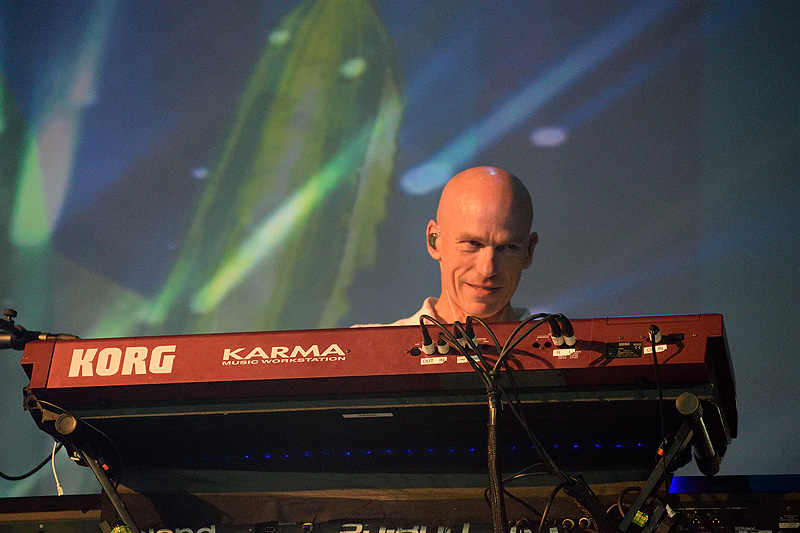

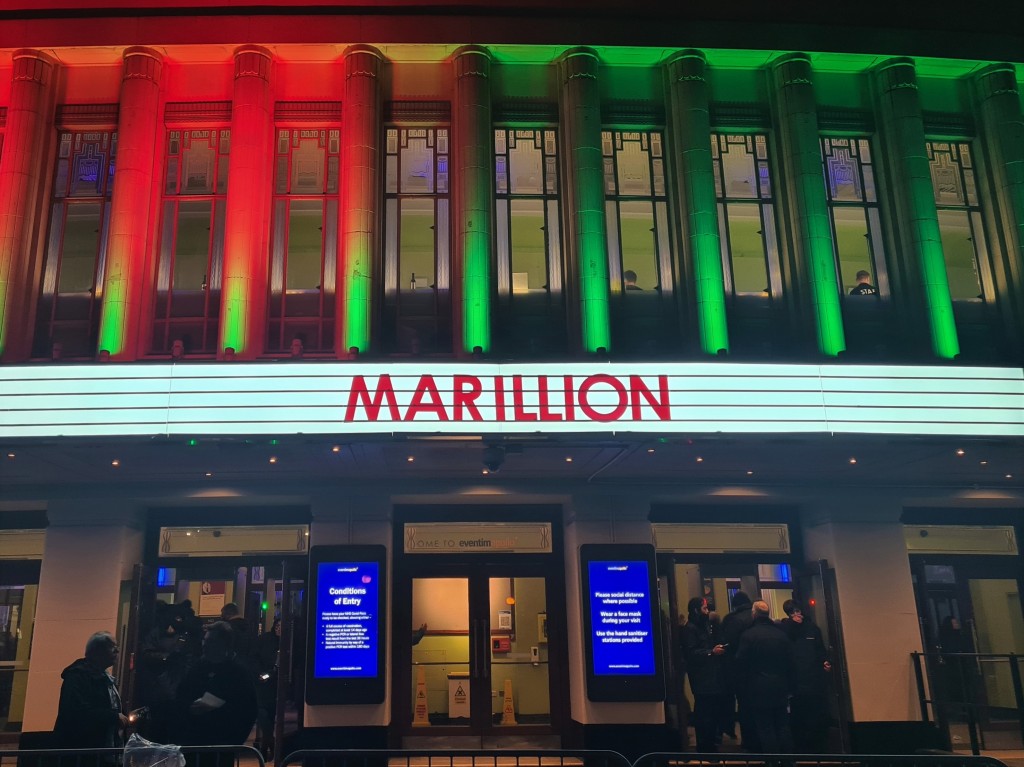
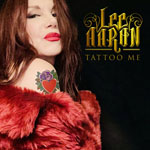
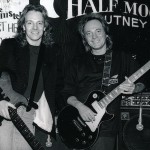

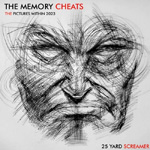
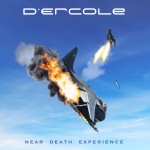
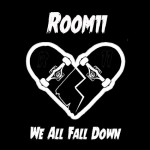
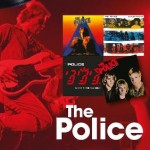
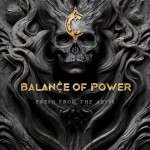
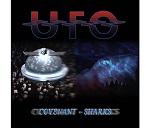
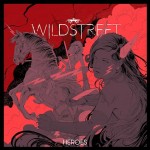
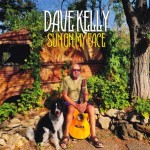
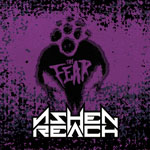
 PDF - you can delete unwanted sections
PDF - you can delete unwanted sections